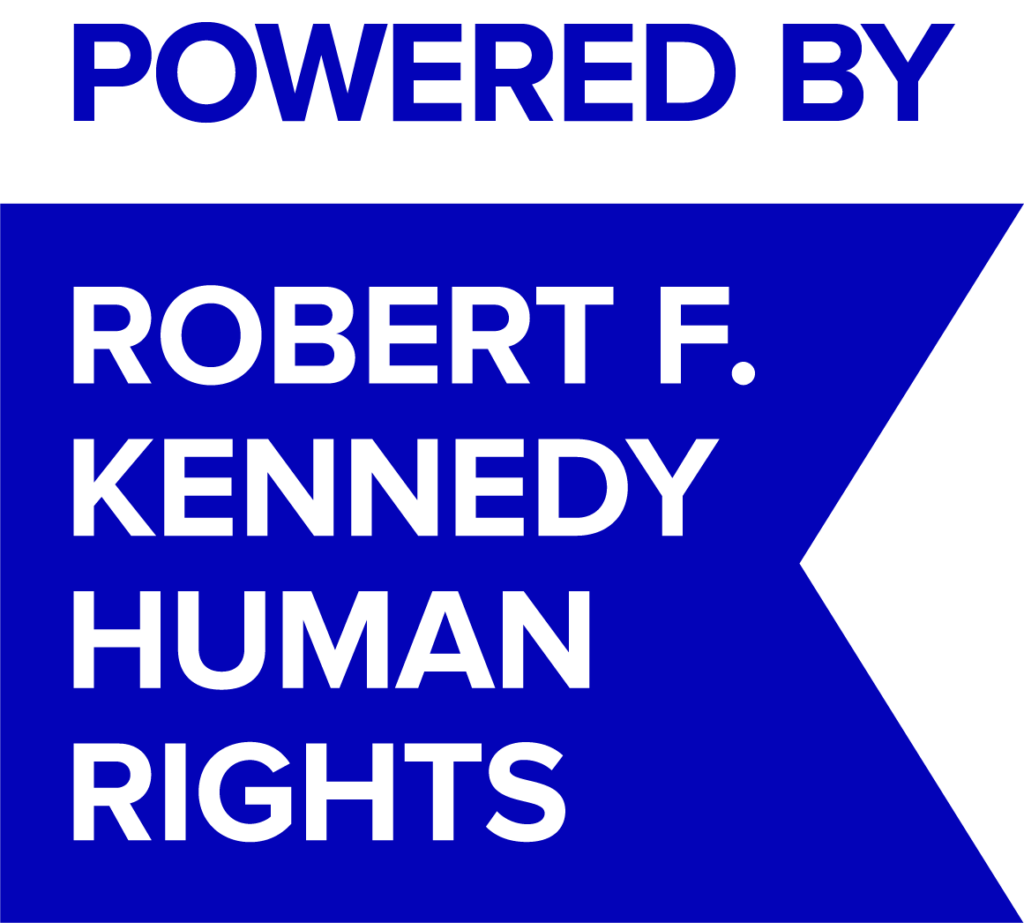About the Civic Space Case-Tracker
The Civic Space Case-Tracker maps ongoing, potentially emblematic civic space cases in Africa and the Americas while highlighting the work of local organizations and lawyers litigating those cases.
- Highlight and raise awareness globally of ongoing, potentially emblematic cases for the protection and promotion of civic space and the organizations and individuals representing the cases.
- Mobilize and facilitate support and collaboration among civil society organizations both intra and inter regionally, and serve as a tool to coordinate and encourage broad support, including technical legal support, between organizations at the global and regional levels.
- Serve as a relevant and trustworthy source of information that includes updated data on the current state of civic space and enables easy identification of trends concerning related risks and threats.
Our work to mobilize diverse support for the cases included in the Civic Space Case-Tracker is grounded in the premise that the representatives of the cases and those experiencing, resisting, and fighting against rights violations are the best equipped and most qualified to decide what kind of action is needed to strengthen their litigation, therefore they lead the process. This is ensured through ongoing communication and coordination between those providing support and the representing organizations and individuals involved in the respective cases.
To determine the cases to be included in the Civic Space Case-Tracker we focused on those ongoing and judicialized cases whose outcome have the potential to generate positive and/or regressive changes that may affect regulation, practice, and social awareness beyond the specific case. These cases are likely to have an impact on three levels:
- Material impact: Litigation that may result in immediate changes for the victims and/or their communities. For example, litigation that leads to the disclosure of information and evidence that could enable future litigation.
- Instrumental impact: Litigation that may result in political, legislative, jurisprudential and institutional changes, and/or changes to the justice system itself. The impact goes beyond the immediate victims.
- Non-material impact: Litigation that may result in changes to the attitude and behavior of justice operators, human rights advocates, and even the general public, and help shape public discourse and state practices.
We then contacted key defenders and litigators in the identified countries and have maintained ongoing and fluid communication with the organizations and individuals who are litigating the cases included in the Tracker.
All the information gathered has been systematized and compiled and shared with the organizations/litigants for their feedback. Each case and any and all technical or advocacy requests have been published with the litigants’/defenders’ consent.
This tool is intended to be a living, dynamic and changing record that reflects the progress made in the cases and the contexts in which they are included. This project seeks to reflect and respect the strategies of these advocates, as well as to build networks of trust and support. Communication and coordination with regional and international organizations and individuals has been essential to understanding the greater regional contexts.
We are grateful for the very important support provided by experts and international and regional organizations in this project. Their support has been key in identifying and contacting other national or local actors, as well as in mobilizing concrete support for the cases identified.
CIVICUS provides the summaries of the civic space context in each of the countries included in the Tracker.
